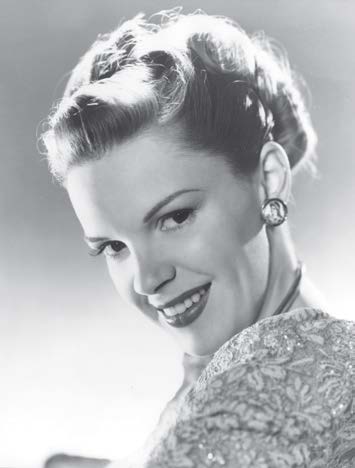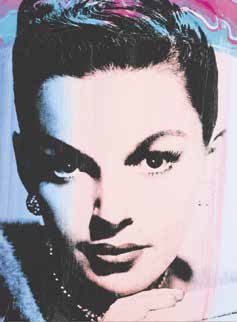
Judy Garland’s legacy as a performer and LGBT icon has endured long after her death in 1969 at age 47. Her timeless performances live on via recordings, classic movies like The Wizard of Oz, and even her possible connection to the Stonewall Riots and gay rights, which is addressed in journalist Charles Kaiser’s book The Gay Metropolis.
Having a career that spanned over 40 years as an actress and singer, Judy Garland was signed to MGM as a teenager. There she starred in dozens of films that, in addition to The Wizard of Oz (1939), included Meet Me in St Louis (1944), The Harvey Girls (1946) and Easter Parade (1948), plus nine movies with co-star Mickey Rooney. She then transitioned to a successful recording and concert career, as well as to hosting her own Emmy-nominated television series on CBS.

Garland’s work has been honored with a Golden Globe Award, a Juvenile Academy Award, a Special Tony Award and, at age 39, she became the youngest recipient of the Cecil B. DeMille Award for lifetime achievement in the motion picture industry. Garland was also the first woman to win a Grammy for Album of the Year for her live recording of Judy at Carnegie Hall. If you do not already have that album, we highly recommend getting it, and on LP—if you have a turntable—to hear the original recording’s nuances. Her performance was nothing short of electrifying.
In 1997 Garland was posthumously awarded a Grammy Lifetime Achievement Award; several of her recordings have been inducted into the Grammy Hall of Fame. Her performance of “Over the Rainbow” is listed as the number one song of the 20th century by the National Endowment for the Arts and the American Film Institute, which also placed her among the ten greatest female stars of classic American cinema.
Recent Comments